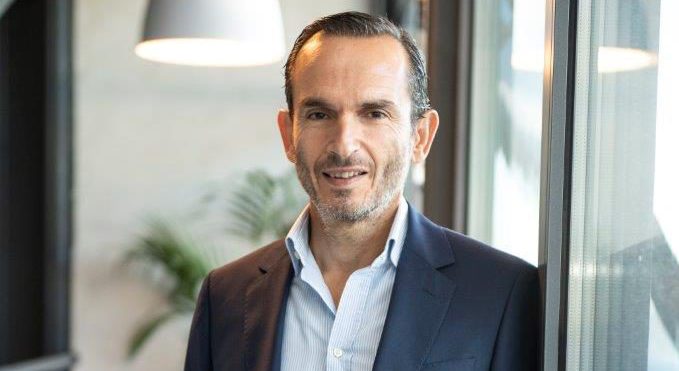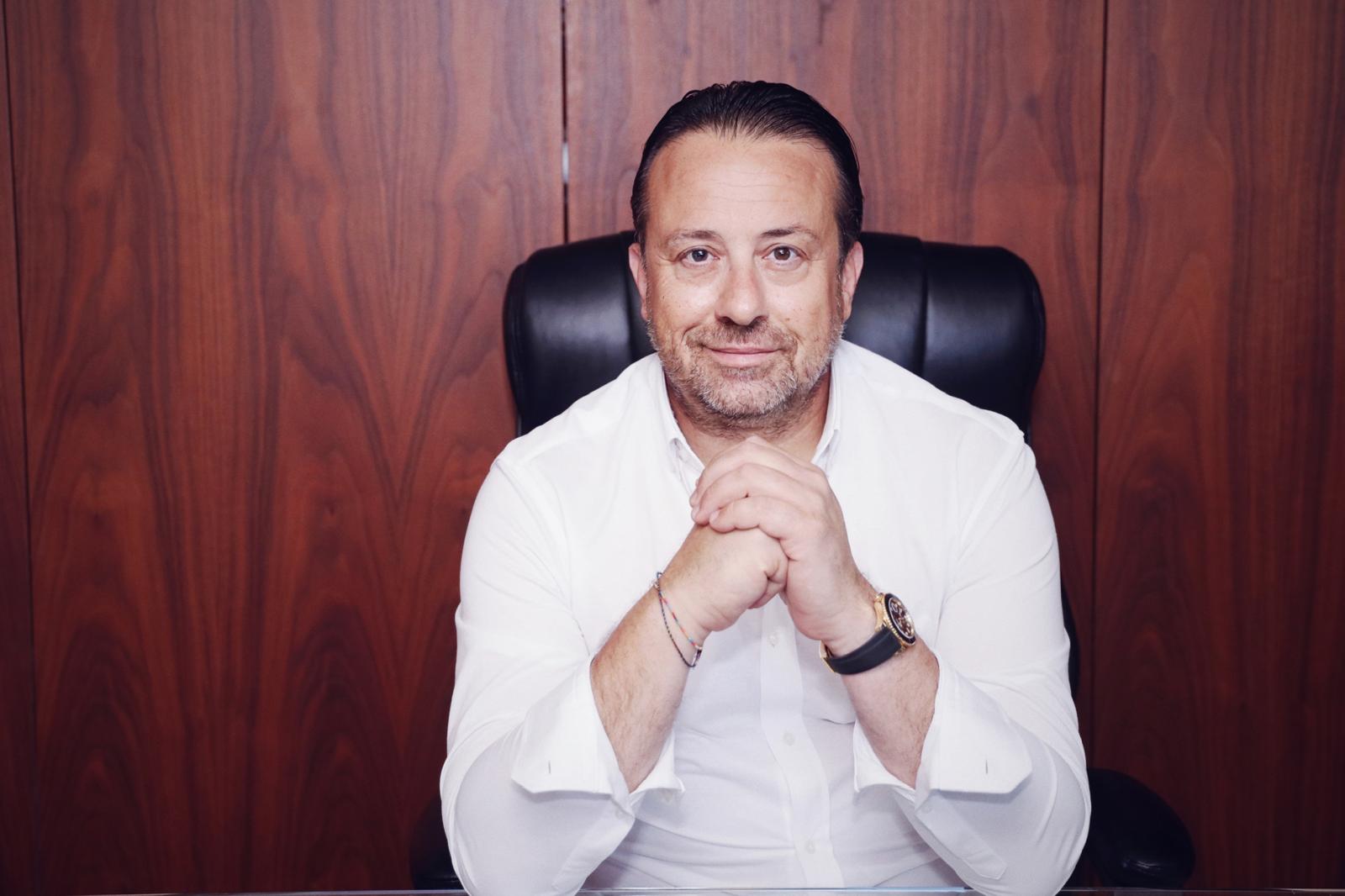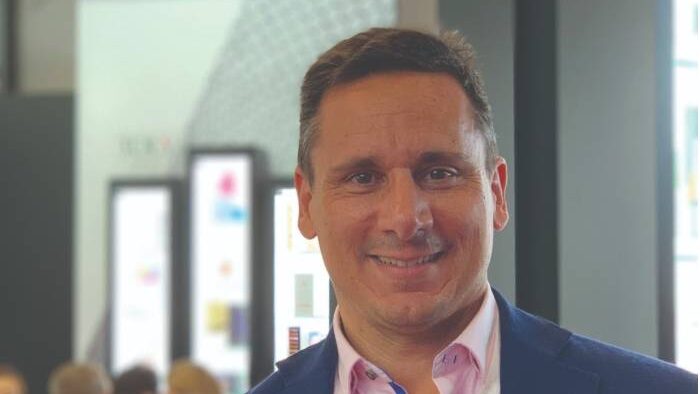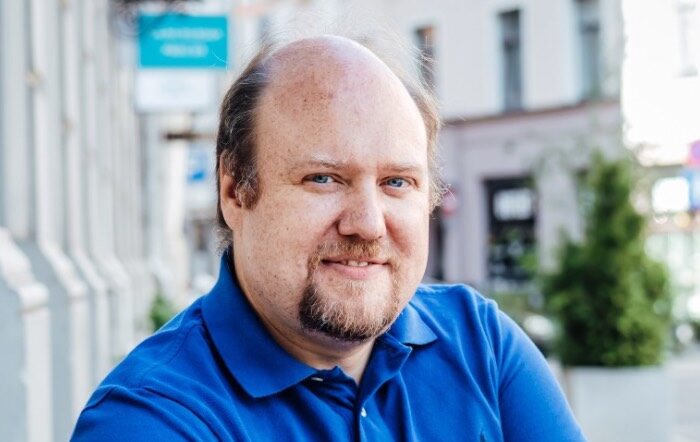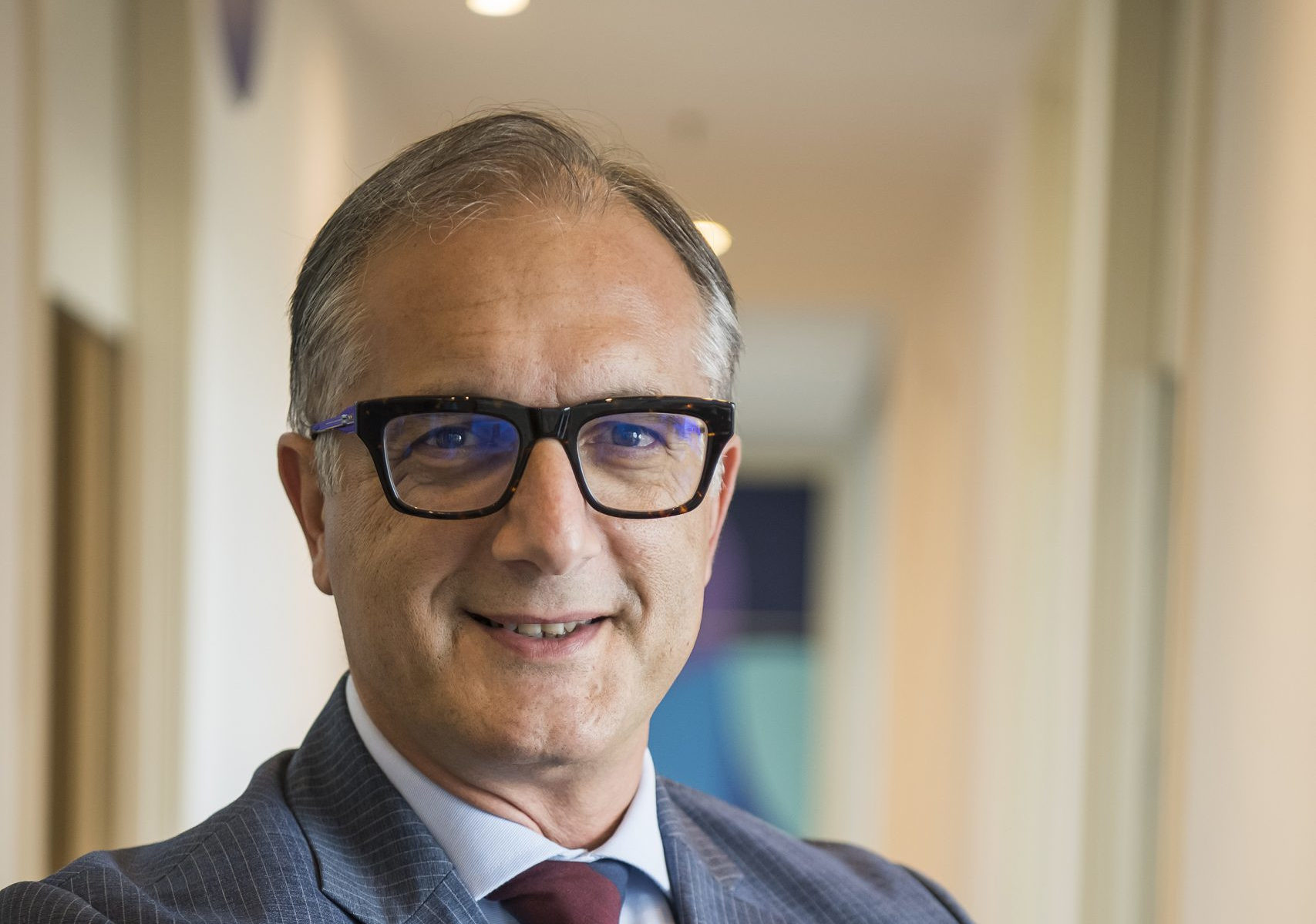At the end of May, Farsons Group published its financial statements for the year ending 31st January 2021, revealing the devastating effect of the COVID-19 pandemic on its business and revenue during the previous 12 months. In April 2020, the first full month after the pandemic broke locally, Group turnover fell by 55 per cent.
Despite the company’s resilience and its ability to withstand the storm, the results offer a snapshot of the sheer impact of COVID-19 on Malta’s manufacturing sector, which Norman Aquilina, Chief Executive Officer at Farsons Group, says has affected all manufacturing sectors to varying degrees, “some more than others”.
“Nonetheless, manufacturing remains an important pillar within Malta’s economic infrastructure, whether it’s in relation to employment, investment levels or contribution to GDP, which stands at around 12 per cent.”
Commenting on the sector’s status, more than a year since life and business as we knew it got turned on its head, Mr Aquilina says it is disconcerting to note a significant decrease in the index of industrial production for Malta as published by Eurostat up to February 2021.
“The industrial production index is a monthly economic indicator measuring real output in manufacturing. The data for February 2020 to February 2021 incorporates almost a full year of COVID-19, so even if the overall decline remains disconcerting, one must acknowledge that any manufacturing firms dependent on tourism and hospitality, such as ours, would be understandably affected.”
Despite the ongoing economic uncertainties posed by the pandemic, Mr Aquilina confidently believes that the manufacturing industry as a whole “has managed to weather the storm” but is less optimistic about defining the coming months as a gradual return to normality. “I would qualify normality as ‘relative normality’, because COVID-19 is not something that is here today and gone tomorrow. I believe it will have some lasting effects on our lives and businesses in general, including manufacturing, hence why many are referring to the ‘new normal’.”

The CEO says that while everyone wishes to put the pandemic behind them, “there still remains some uncertainty as to whether we will see an economic rebound, implying a quick recovery, or a spill-over effect, implying a more gradual recovery. In the case of manufacturing, the speed of recovery will need to be considered from a sector specific perspective.”
As an operator within the Food and Beverage (F&B) industry, Farsons Group was among those immediately affected by the restrictions on travel and social activity imposed by the authorities in March 2020. Mr Aquilina highlights that, with tourism being a mainstay of Malta’s economy, by default, anything that hits tourism will certainly have a knock-on effect on many other sectors.
“One particular sector which directly impacts the F&B sector is hospitality. Therefore, the closure and restrictive measures had a major impact on the demand of F&B consumption within what we refer to as the ontrade segment, which incorporates hotels, bars and restaurants,” he asserts.
Mr Aquilina draws attention to the Group’s 55 per cent decline in turnover in April 2020 compared to the previous year, saying “the immediate impact was massive, even if it eventually levelled out to a drop of 29 per cent by the end of our financial year, 31st January 2021.”
He adds that the Group responded in various ways to mitigate the impact, “most notably by means of restraining our expenditure and containing our operating costs, apart from the obvious changes to working conditions. That said, we took a conscious decision to retain all our workforce,” says the CEO.
“We constantly invest in the training and upskilling of our workers. They are an integral part of what Farsons produces and represents. We view our workers as an integral ‘asset’, and certainly not simply as a payroll cost. We must recognise that they played a critically important role in dealing with the pandemic, and going forward, they will undoubtedly be an essential pre-requisite in us effectively addressing the COVID-19 spill-over, ultimately within a post-COVID recovery scenario.”
Taking a broader perspective on Malta’s economic recovery in a post-COVID environment, Mr Aquilina says he subscribes to the belief that Malta’s economic recovery, from a macroeconomic point of view, is more likely to be gradual, in terms of reaching the island’s pre-COVID economic performance, but most certainly, different sectors of the economy will progress at different paces.
“Our economic recovery is of particular importance because as we know, Government expenditure has been significantly impacted in dealing with the health and economic crises, and as reaffirmed on a number of occasions, Government is relying not only on our economic recovery, but also our economic growth, which is needed to alleviate Government revenue as opposed to resorting to increases in taxation,” says Mr Aquilina.
“Therefore, the key challenge is not the public debt per se, but more the policies to manage and sustain the economy from growing out of any possible debt distress. The importance of policy-makers taking all the right decisions and measures to stimulate the economy cannot be over-emphasised.”
Turning to the long-term challenges and implications of the pandemic on Malta’s manufacturing sector, the CEO says that the extraordinary events of the past year have compelled many businesses, manufacturing in particular, to revisit their business models, which includes “revisiting one’s set-up, ways of working and related working environment, cost structures with particular focus on mitigating fixed costs, whilst leaning towards a more variable cost structure, and much more.”
He adds that all these actions are transforming most businesses, “with the industry being particularly impacted from a competitiveness point of view, keeping in mind that manufacturing typically requires an element of economies of scale with relatively low margins,” he asserts, highlighting the sensitivity to balance out a transformed work set-up, which needs to hold on to an adequate level of scale to retain a highly efficient and competitive production line.
However, wherever there are challenges, there are also opportunities – and Mr Aquilina certainly sees these in Farsons Group’s future. “This pandemic has brought about a more challenging environment, but it has likewise also compelled us to challenge ourselves, to dig deeper into our operations and ways of working with a view to seeing how we can work smarter.”
He explains that COVID-19 has further underlined the importance of agility and the ability to be able to respond effectively. “Over time, businesses tend to become complex, sometimes overly so, yet I do believe that prevailing circumstances have compelled many to streamline and simplify operations, rendering many businesses more efficient.”
“This has brought along far-reaching opportunities for transformation and the further embracement of change management. I would even extend this to incorporate opportunities for innovation in the broadest of senses – be it from a corporate set-up point of view to ways of working, new products or services, development, and much more.”
Singling out a prominent opportunity which cannot be left out of the ‘business transformation’ conversation is the extent to which the pandemic has promoted the importance of adopting the use of technology, as Malta is now moving faster than ever before towards a digital economy.
“Today, more and more businesses have recognised that the use of technology within this context is not just a useful tool to have but an essential prerequisite in a business’s ability to stay in the game. The growing presence of eCommerce has now more than ever made us aware that digitalisation is a must.”
As the person at the forefront of leading a large-scale business through such uncharted waters, I ask Mr Aquilina where he hopes to steer Farsons Group in the years to come, as well as his greatest aspirations for the company. Off the bat, the CEO says he supports the belief that being at the helm of a company is “more about a journey and much less about a destination, with set yet moving targets of a creative, qualitative and competitive nature.”
“Staying competitive is a never-ending story. We need to constantly keep challenging ourselves to always stay ahead of the curve. Challenges are there to be overcome and not overlooked, and, as we pursue our growth strategy, I see lots of challenges ahead, but certainly even more opportunities,” says Mr Aquilina.
“My aspirations for the company can be summed up as that of staying ambitious and to keep growing by constantly pushing for a culture of driving performance,” the CEO concludes – “performance that can withstand constantly-growing competitive pressures and drive continuous innovation as we set our sights on reaching greater heights.”
This interview originally appeared in the first edition of BusinessNow magazine.
‘We don’t cut corners’: AGB Holdings CEO Alan Bonnici on defining luxury living in Malta
From insurance executive to luxury property expert, Alan Bonnici has delivered iconic developments, strategic hospitality ventures, and a legacy built ...
‘Digitisation and smart manufacturing’ is where Malta’s competitive edge lies – CFO of Toly Group
Nick Xuereb speaks about Malta's challenges and the strategic roles of R&D and innovation.
Embedded fintech ‘is the future,’ declares Blackcatcard CTO
The company offers regulated fiat services and digital asset infrastructure.
BMIT’s record-breaking year a result of ‘clear strategic vision and disciplined execution’ – CEO
BMIT CEO Christian Sammut attributed the company's success to a 'continuous effort to put the needs of clients first'.


